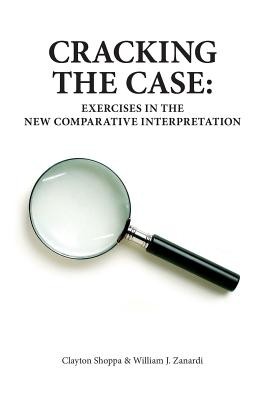
- Išsiųsime per 10–14 d.d.
- Autorius: Clayton Shoppa
- Leidėjas: CreateSpace Independent Publishing Platform
- ISBN-10: 1533237557
- ISBN-13: 9781533237552
- Formatas: 15.2 x 22.9 x 1.7 cm, minkšti viršeliai
- Kalba: Anglų
- Extra -15 % nuolaida šiai knygai su kodu: ENG15
Atsiliepimai
Aprašymas
This is the second in a series of three books on the New Compara- tive Interpretation, i.e. on what Bernard Lonergan called the fourth functional specialty of dialectic. This approach does not claim to settle every intellectual dispute, but neither does it settle for dis- missing all philosophical differences as incommensurable beyond repair. By examining persistent intellectual differences, the authors discover that some of them originate in implicit and unexamined notions about reality, knowing and objectivity. Once these funda- mental notions become explicit, it is possible to compare divergent views to a "universal viewpoint" formulated on the basis of a per- formatively based understanding of these three terms. The authors compare explicit and competing philosophical positions not one to another but to this set of meanings. They contend this form of comparison offers a way beyond recurrent impasses in intellectual history. Because the "proof lies in the doing," the case studies in this series test whether the New Comparative Interpretation is actually a way forward within that history.EXTRA 15 % nuolaida su kodu: ENG15
Akcija baigiasi už 1d.14:07:16
Nuolaidos kodas galioja perkant nuo 10 €. Nuolaidos nesumuojamos.

- Autorius: Clayton Shoppa
- Leidėjas: CreateSpace Independent Publishing Platform
- ISBN-10: 1533237557
- ISBN-13: 9781533237552
- Formatas: 15.2 x 22.9 x 1.7 cm, minkšti viršeliai
- Kalba: Anglų




Atsiliepimai